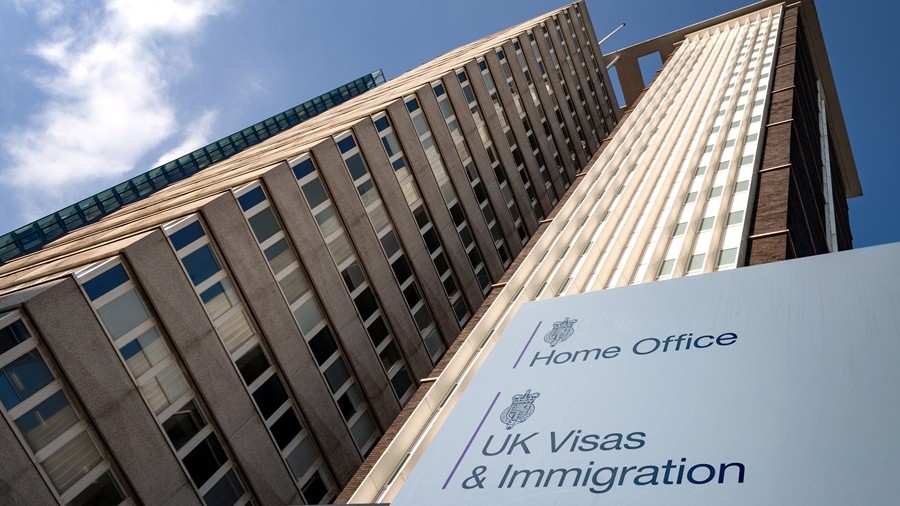UK immigration and settlement update
The UK Government has announced significant proposals that may affect long-term residence and tax planning for internationally mobile individuals and private clients. No replacement for investor visa The 2025 Budget…
READ MORE




